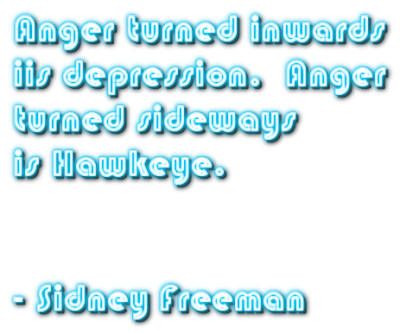We've all been around groups of people that are fake and hopefully we are not unwittingly part of such a group. We see them on Facebook and they like each other's posts. You wonder if they even care about the posts for the others in their clique or they just want to be seen as being friendly or supportive, but I digress. Sometimes you'll see them virtue signaling on social media or elsewhere and you wonder whom they are trying to impress with their 'thoughtful' take. Sometimes we'll see them hang out in clubs together. We may also see them group together at our place of education, employment or worship. Wherever we run across them, they can be annoying to be around or to deal with. Unfortunately, they due to circumstance between our control sometimes we have to deal with them--coworkers, classmates, supervisors, etc.
We could get or stay annoyed by them. However, sometimes, especially if they have authority over us, it is best to learn how to 'play the game without being a piece on the board'. That is, "Fake it, without being fake". Before you take this step, you have to determine what it means and if you are capable of it.
The Rules of the Game.
- Remember when you are 'going along to get along', not to cross you own red lines. Such as:
- Not hurting others. For example, try to avoid piling on when others are being attacked, especially where the ones being attacked could be hurt or get wind of it. Even if it not harmful to the subject of the attack, it is at the very least harmful to you and those whom you influence. Besides, it is below your dignity.
- Not going against your core beliefs. For example, don't resort to helping them steal or lying about work hours if that's what it takes to be part of the group.
- Not putting yourself in jeopardy to get along. For example, if you work somewhere where your coworkers are doing something unethical, don't participate in hopes of being accepted.
- Be aware of what really matters and what is safe to opine about
- Some things are throwaway such as talking about your favorite restaurants or your favorite vacation spots. As long as the 'fake' people aren't rude to you about it, what does it really matter as these are subjects that don't matter in the big scheme of things.
- Some things are fairly uncontroversial such as rooting for the home teams. You can typically talk about these things without hurting other's feelings or compromising yourself.
- Some things you should avoid especially if it is a sore subject for someone in the group, unless it is to empathize perhaps. No matter how 'fake' a person is, he or she still has feelings buried underneath the facade.
- Be aware of what is important to others in the game and look for areas of actual agree-ability.
- Compliment where you can safely (and honestly) such as on their clothes, car or whatever. Fake people, often are just people search for validation. If you can provide it honestly, it costs you nothing, but can make a difference.
- Ask questions that show interest. Fake people can be very vain and like to talk about themselves.
- Pay attention to what they talk about, you might learn something which can help in future relations.
Determining if you want to play.
- What is the cost of the game? If the cost is too high, such as compromising your values or putting up with too much BS, it probably isn't worth it.
- What is the benefit of the game? Fake people might actually be able to help you if you 'help' them. If you show likability towards them, even if not necessarily 100% genuine, they might be pleasant to you and perhaps offer networking help.
- There is a chance that someone(s) you perceive as 'fake' are just insecure people who are playing the game too and who seek a true friend.
- Can you be friendly and agreeable with fake people without the fakeness spilling over?
Is that your final answer?
- When determining how you want to proceed with fake people--whether you want to avoid them as much as possible, be businesslike or kill them with kindness--you have to consider the costs and benefits.
- You have to determine how much you are willing to put yourself out there. When dealing with difficult people in general, it is best to put yourself out there as much as you are comfortable with. In other words, how much are you willing to safely share with others?
- You have to be willing to change approach if one approach isn't working. For example,
- If your efforts to kill them with kindness don't work and are draining you, you may have to step back and let it go. If someone is fake and doesn't accept your kindness or worse, pushes back, you have to make sure your don't allow yourself to get hurt in the process.
- If trying to avoid dealing with fake people isn't working. In other words, they try to draw you in, it might be best to accept their overtures and find where you can be agreeable with them. Otherwise, you might just have to step away from them as much as possible.






